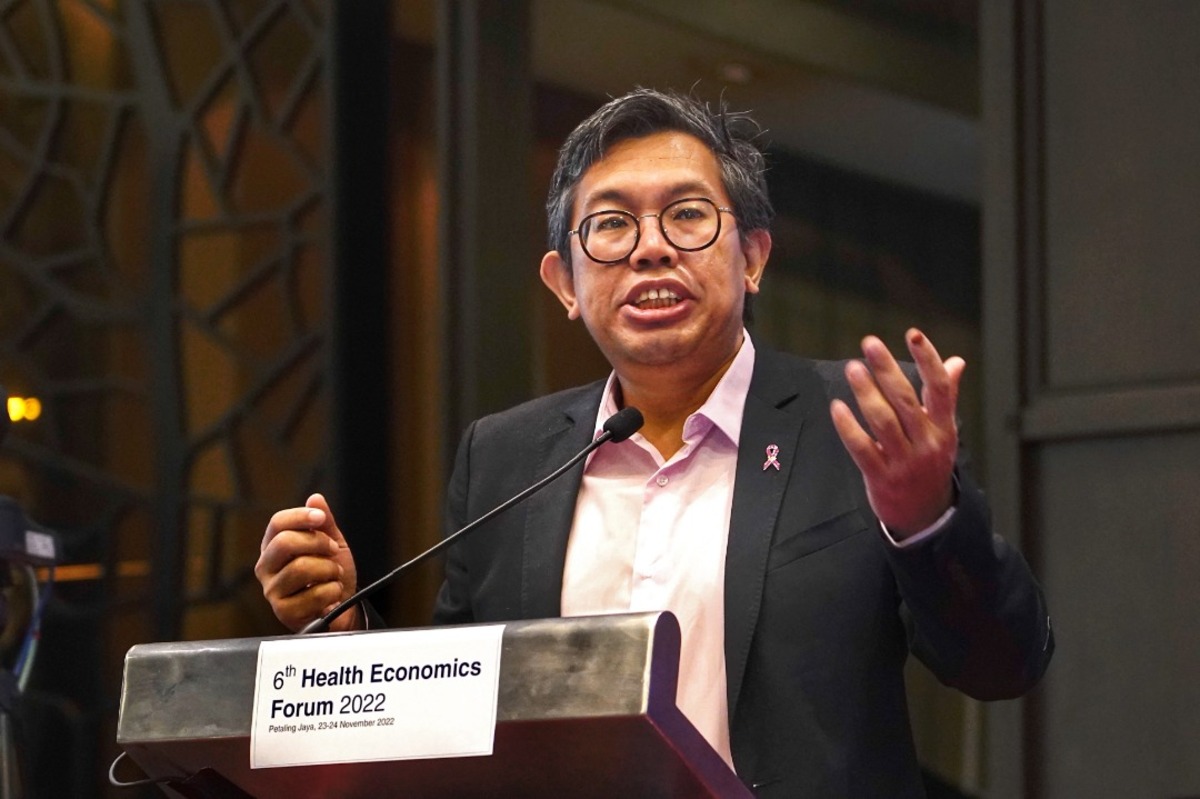KUALA LUMPUR, April 19 – The Galen Centre for Health and Social Policy has criticised the government’s decision to extend Pharmaniaga Bhd’s concession agreement for another decade, stating that the move is a setback that undermines essential health care reforms and jeopardises the resilience and security of the country’s health system.
Galen chief executive Azrul Mohd Khalib said the decision confirms that Malaysia’s health care system is vulnerable, at risk and highly dependent on a single company for over a third of its branded and generic drug supply, and almost all of its logistics and pharmaceutical supply chain.
“The government’s practice of exclusive concessions which grant individual companies such as Pharmaniaga and other GLCs (government-linked companies), a dominant grip, and major influence over large portions of our health care system, including hospital services, has created an unhealthy over-dependence in the belief that these companies will be considered indispensable and become ‘too big to fail’,” Azrul said in a statement today.
“This decision confirms that perception.”
Azrul said the decision will send a signal to all pharmaceutical players that there is no point in building, investing, and growing its business here in Malaysia to compete for the provision of medicines under the concession arrangement, as Pharmaniaga has practically locked it up for another decade.
“Despite being included into Bursa Malaysia’s Practice Note 17 classification of financially distressed companies, found by the Auditor General to have provided faulty ventilators to the Ministry of Health (MOH) during a public health emergency which threatened the lives of many, and problematic business decisions regarding Covid-19 vaccines costing more than half a billion ringgit which cost the former CEO his job, this decision is baffling, disappointing, and will be seen as rewarding the company regardless of its performance or the risk it represents. Will this be the approach whenever this GLC runs into financial trouble?”
Azrul suggested that if suppliers were permitted to negotiate and bid directly with the government instead, it could result in substantial savings of public funds, reduce the cost of medicines, increase supplier diversity, and ultimately enhance the resilience and reduce the vulnerability of the healthcare system.
“The lack of courage, vision and inability to seize the opportunity of this crisis, which is practically limited to one private company, to introduce much needed and long argued reforms for a more cost effective and efficient system, is disappointing.
“It will force companies like Pharmaniaga to improve and not take their business for granted. A renewal of a concession agreement lasting for a decade will unlikely have that effect,” Azrul said.








